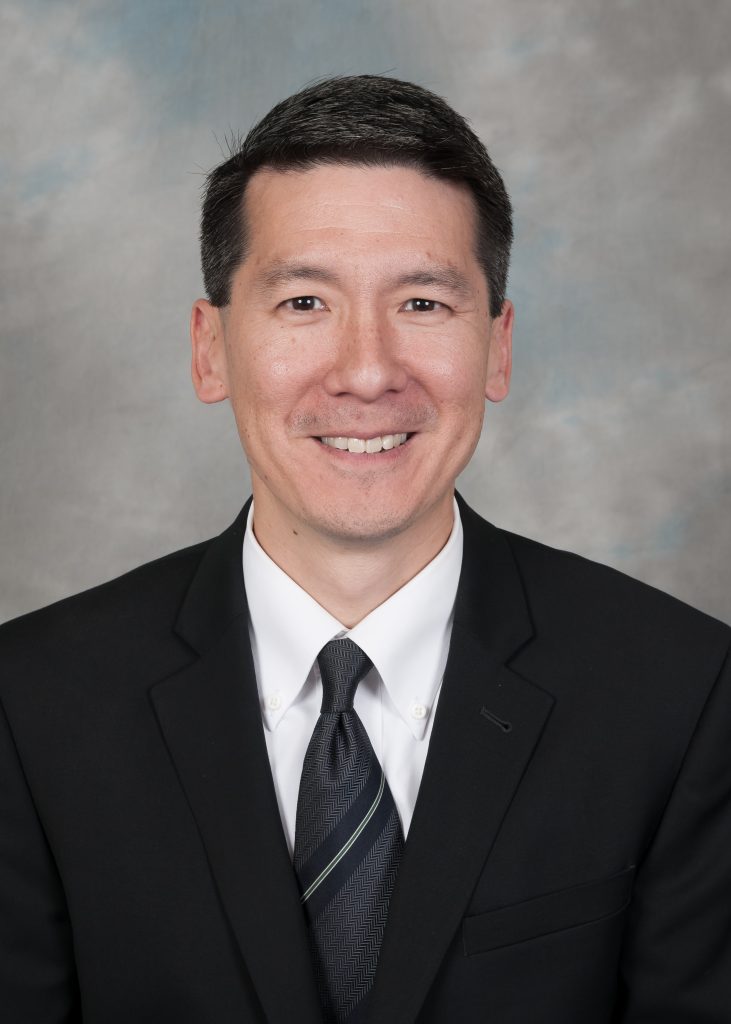Community Voices Strengthen Prostate Cancer Research
It’s well understood that Black men face serious prostate cancer risks. Nationwide, urology researchers have spent years designing clinical trials intended to improve their outcomes. What remains unknown, however, is which concerns and questions about the disease are most important to the patients themselves.
Yaw Nyame, MD, MS, MBA, is trying to fill in those gaps and address the racial inequities in prostate cancer care. Together with his colleagues in the UW Medicine Urology Department, Fred Hutchinson Cancer Center and his collaborators at the Black and African Descent Collaborative for Prostate Cancer ACtion (BACPAC), Nyame is on a journey to identify these priorities with help from the patients themselves. He hopes to integrate the community into efforts intended to combat the disease.
“Our path toward testing and implementing interventions is always going to start with a community approach,” says Nyame, assistant professor and urologic oncologist. “We must have patients or community members at the table when we’re devising research ideas. They are integral team members who help us craft the way we approach asking and solving the difficult questions.”
Identifying what’s important
With the support of a 2020 Distinguished Researcher Award from the Andy Hill Cancer Research Endowment Fund, Nyame assembled a team to design an interview study. The team included three staff scientists, a PhD candidate community health educator, two community members, a cancer center patient navigator, a prostate cancer survivor and a young health advocate. Together, they determined the most important topics around prostate cancer detection and the best ways to ask questions.
The team conducted interviews with 29 Black male patients living around the Puget Sound area. These conversations revealed four areas where targeted interventions could help improve prostate cancer care for this community, including:
- Prostate cancer risk awareness is low among Black men and the providers who treat them
- Stronger relationships with primary care providers can improve a patient’s care
- More information about the importance and benefits of prostate cancer screening is needed
- Physician-patient racial concordance can augment care and improve discussions about risk
What’s next?
As a next step, Nyame and his BACPAC colleagues plan to conduct a similar, national online survey to corroborate those findings. Funded by the Patient-Centered Outcomes Research Institutes, they will use those results to design studies to address areas of need. They will also contribute to creating a toolkit filled with culturally relevant, patient-friendly information to promote screening and early detection.
The hope, Nyame says, is that more community and patient involvement will lead to impactful interventions that directly address patient concerns and needs.
“We are fortunate to have wonderful, empowered community partners. They’re teaching us very valuable lessons,” he says. “This approach is different from what traditional health services and clinical research look like. It’s transferable, and we’re developing teams that will produce high-impact research not only for prostate cancer, but also for a wide range of disease areas.”





